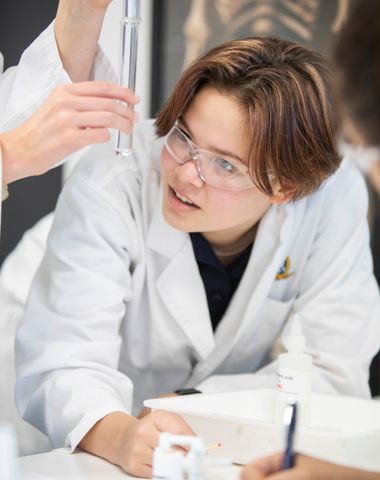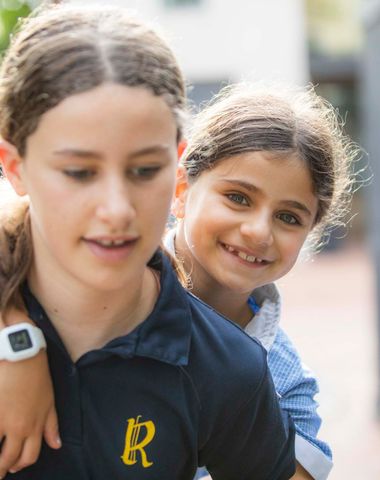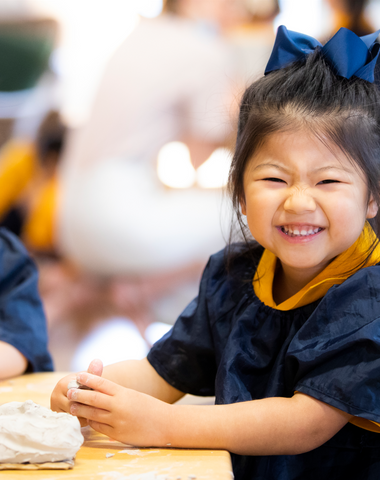At Ruyton, learning is powerful and personal.
Students are known as individuals by our accomplished staff who provide them with appropriate and personalised levels of challenge alongside the support and independence to grow and develop to their full potential. We know that when engaged in true learning we experience challenge. The development of grit, buoyancy and self-belief empower our girls as learners for life.
Our students enjoy a wide breadth of curricular and co-curricular opportunities, fostering active engagement in the life of the School. As a mid-sized girls’ school, we have the distinct advantage of providing the powerful combination of opportunity and participation for all students, enabling them to expand their experiences, develop new skills and hone their talents.




